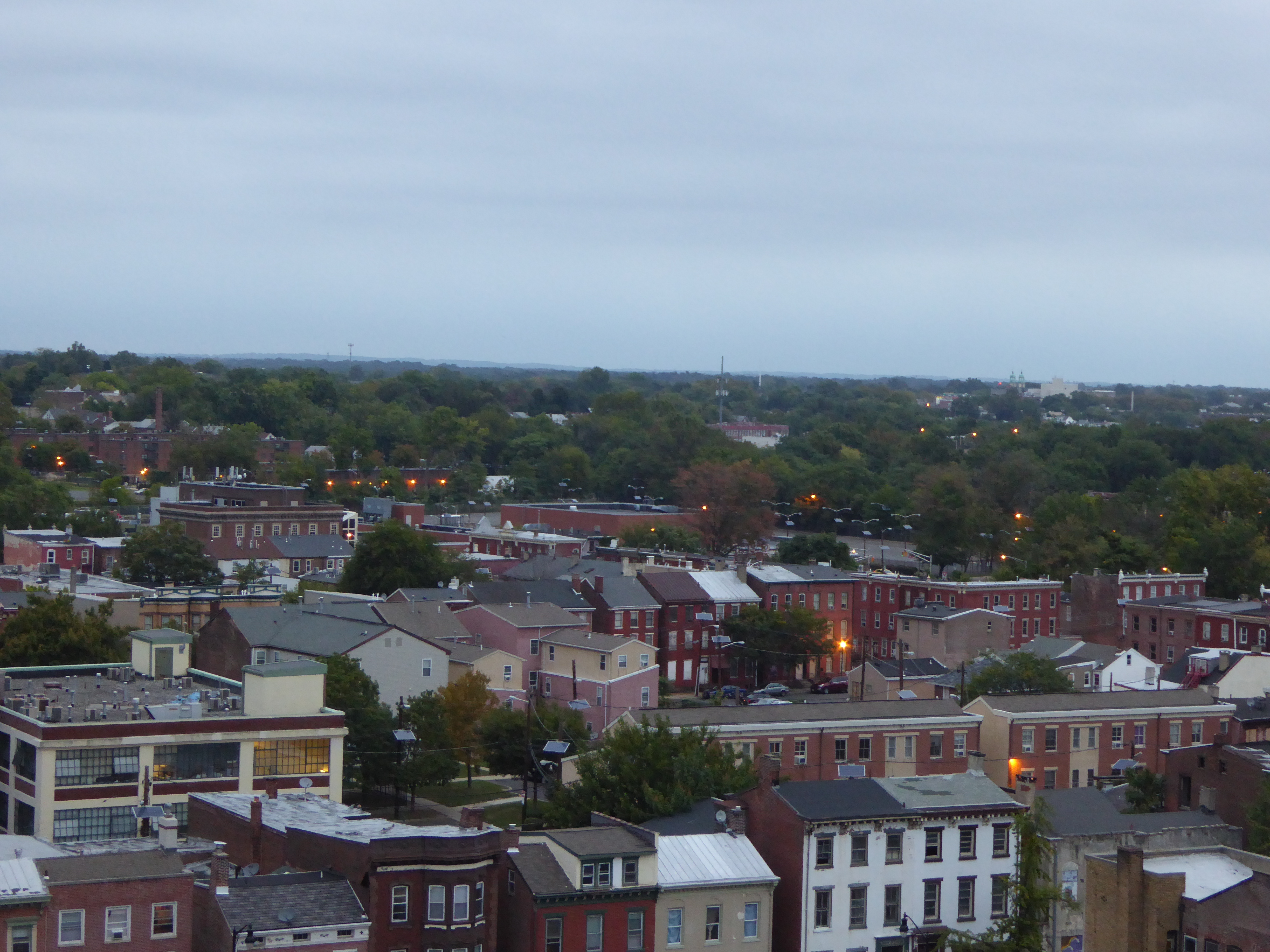By Jared Kofsky
A decades-long program allowing individuals to purchase items at a lower tax rate in cities like Trenton has ended.
New Jersey’s Urban Enterprise Zone program (UEZ) was established more than 30 years ago, and served dozens of municipalities across the state, from West New York to West Wildwood. Under the program, customers at local businesses paid only a 3.5 percent retail sales tax as opposed to the state standard of seven percent in other areas of New Jersey. However, Governor Chris Christie was not in favor of continuing the operation of the UEZ, and allowed it to expire on December 31.
Trenton residents experiencing homelessness or poverty could be impacted greatly by the end of the UEZ program. Participating businesses were required to have 25 percent of new employees be city residents, to have been unemployed for at least six months before being hired, to be recipients of public assistance programs for at least six months before being hired or be determined to be of low-income, according to the New Jersey Department of Community Affairs. And while the tax increase could raise funds for the state, the increased cost of items at city stores could take more out of the pockets of local residents, and could also reduce the incentive for outsiders to visit and spend money in the city.
Despite this, Christie has stated that UEZs were a “failed 30-year experiment,” adding that keeping them “would cost the state $2.33 billion in lost revenue over the next 10 years,” according to NJTV. The governor has not announced plans to replace the UEZ with another program.
When the end of the UEZ was announced, many Trentonians, and local officials were outraged. Trenton’s UEZ program website cites multiple success stories from businesses across the city. John Ahn, the manager of the Food Bazaar supermarket at the Roebling Market in Chambersburg stated that the 3.5 percent sales tax “provides an added incentive for local customers to visit the store.”
Mayor Eric Jackson spoke exclusively with The Wall regarding the issue shortly before the program ended. “It [the UEZ] certainly is a tool in our tool belt for economic development when you talk about preservation to help bring people in as incentive to come into a great capital city,” said Jackson.
He added that ending the UEZ would leave a “negative impact” on the city. Similarly, State Assemblyman Reed Gusciora, who represents Trenton told the Press of Atlantic City in September that “ending the UEZ program is going to force hundreds of establishments to close or move.”
Shortly before the program was set to expire, there was a last minute effort by several elected officials to extend it for two years in Bridgeton, Camden, Newark, Plainfield, and Trenton. However, the extension bill was vetoed in February by Christie.
Since the program was established in the 1980s, many local economies have been built around UEZs and thousands of residents have relied on these businesses. As the first year without UEZs in decades continues, the economic wellbeing and prosperity of cities like Trenton and the future of business in New Jersey’s urban centers remains uncertain.
